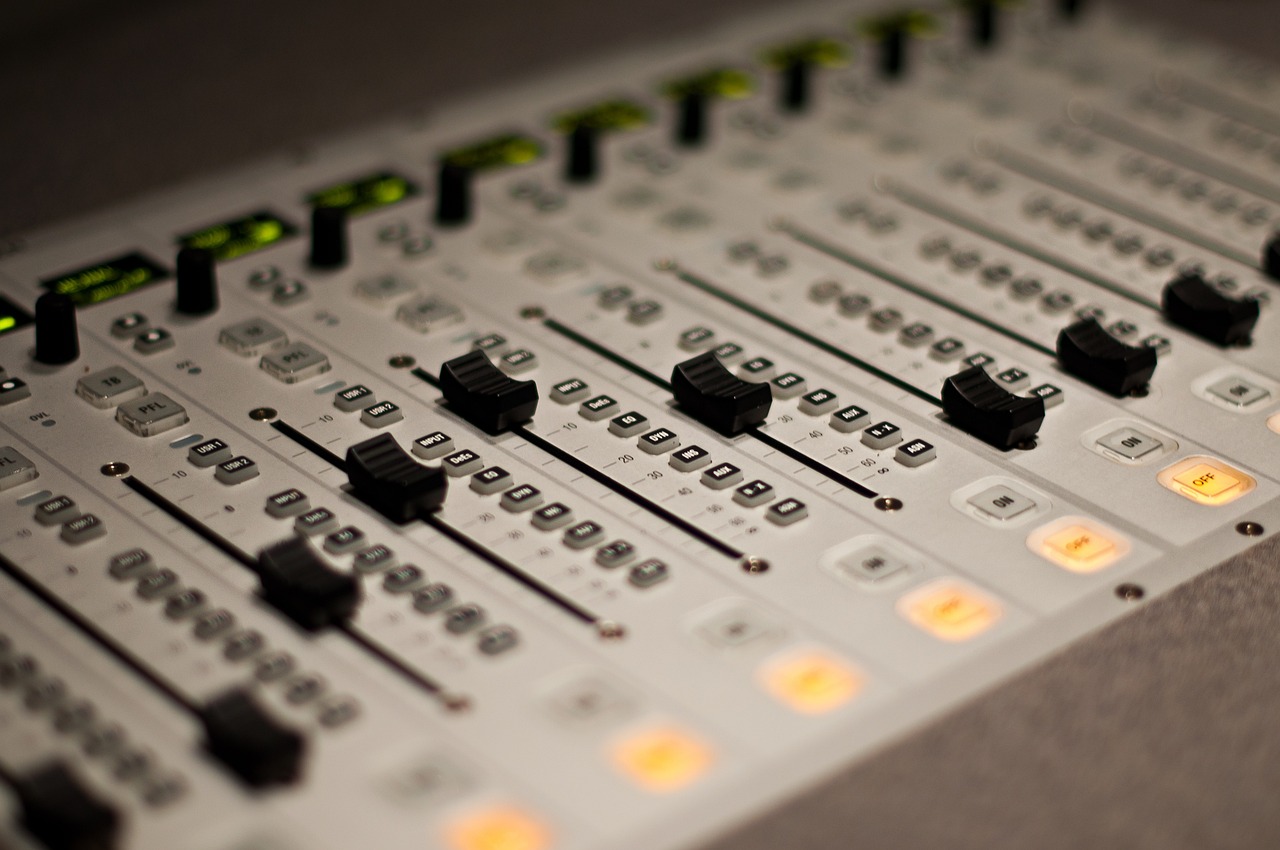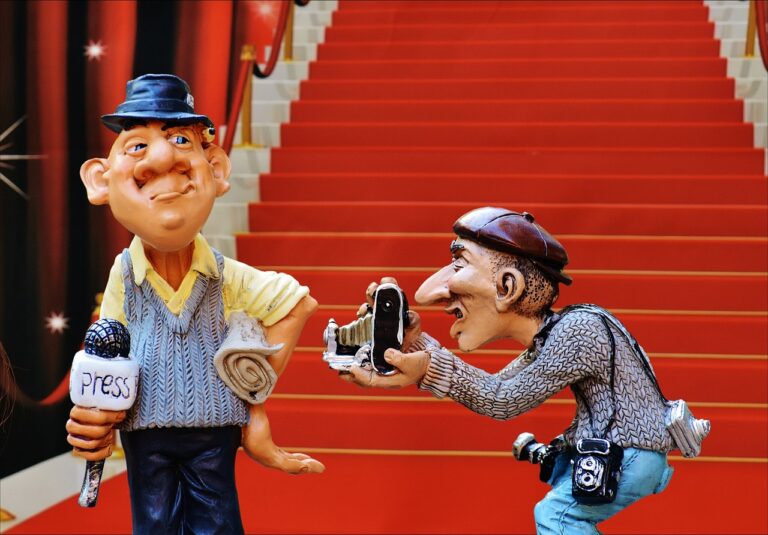Movie Soundtracks: The Power of Music in Film
Music plays a vital role in shaping the mood and atmosphere of a film. Through melody, tempo, and instrumentation, composers are able to evoke specific emotions and enhance the overall cinematic experience. The choice of music can create tension, excitement, sorrow, or joy within a scene, guiding the audience’s emotional response and immersing them deeper into the narrative.
By carefully selecting the right musical pieces to accompany different scenes, filmmakers are able to effectively convey the intended mood and amplify the impact of key moments. Whether it’s a suspenseful chase sequence, a tender romantic encounter, or a thrilling action scene, music has the power to heighten the emotions felt by viewers, making the storytelling more dynamic and engaging.
How Music Enhances Emotional Impact in Movies
Music serves as a powerful tool in enhancing the emotional impact of movies. It has the ability to convey emotions, build tension, and evoke specific feelings within the audience. The right music can make a scene more intense, sad, joyful, or suspenseful, amplifying the overall impact of the movie on the viewer.
Through the clever use of melodies, harmonies, rhythms, and instrumentation, composers can effectively manipulate the emotions of the audience. Whether through a swelling orchestral score during a climactic moment or a subtle piano solo in a poignant scene, music has the potential to deeply resonate with viewers and heighten the emotional experience of a film.
• Music can convey a wide range of emotions such as happiness, sadness, fear, excitement, and nostalgia
• It can create tension and suspense by using dissonant chords or abrupt changes in tempo
• The use of leitmotifs can help to identify characters or themes throughout the movie
• Soundtracks with lyrics can enhance storytelling by providing additional context or emotional depth to a scene
The Evolution of Movie Soundtracks Over the Years
Over the years, movie soundtracks have undergone a significant evolution, adapting to the changing tastes and demands of audiences. Gone are the days where film scores merely served as background music. Today, movie soundtracks are integral to storytelling, enhancing emotions, and immersing viewers into the cinematic experience.
Traditional orchestral arrangements have gradually made way for innovative and diverse musical styles in movie soundtracks. From rock and pop to electronic and even hip-hop, filmmakers are now exploring a wide spectrum of genres to create evocative and memorable scores. This shift reflects a broader cultural shift towards embracing diversity and inclusion, as filmmakers aim to connect with audiences of all backgrounds through the universal language of music.
How important is the role of music in setting the mood of a film?
Music plays a crucial role in setting the mood of a film by enhancing the emotions and atmosphere of each scene. It can create tension, excitement, sadness, or joy, depending on the tone of the scene.
How does music enhance the emotional impact in movies?
Music has the power to evoke a wide range of emotions in viewers, intensifying the impact of the visuals on screen. It can heighten suspense, evoke nostalgia, or bring out the beauty in a poignant moment.
How have movie soundtracks evolved over the years?
Movie soundtracks have evolved significantly over the years, from simple background music to complex compositions that are integral to the storytelling process. Today, movie soundtracks are carefully crafted to enhance the overall cinematic experience for viewers.







